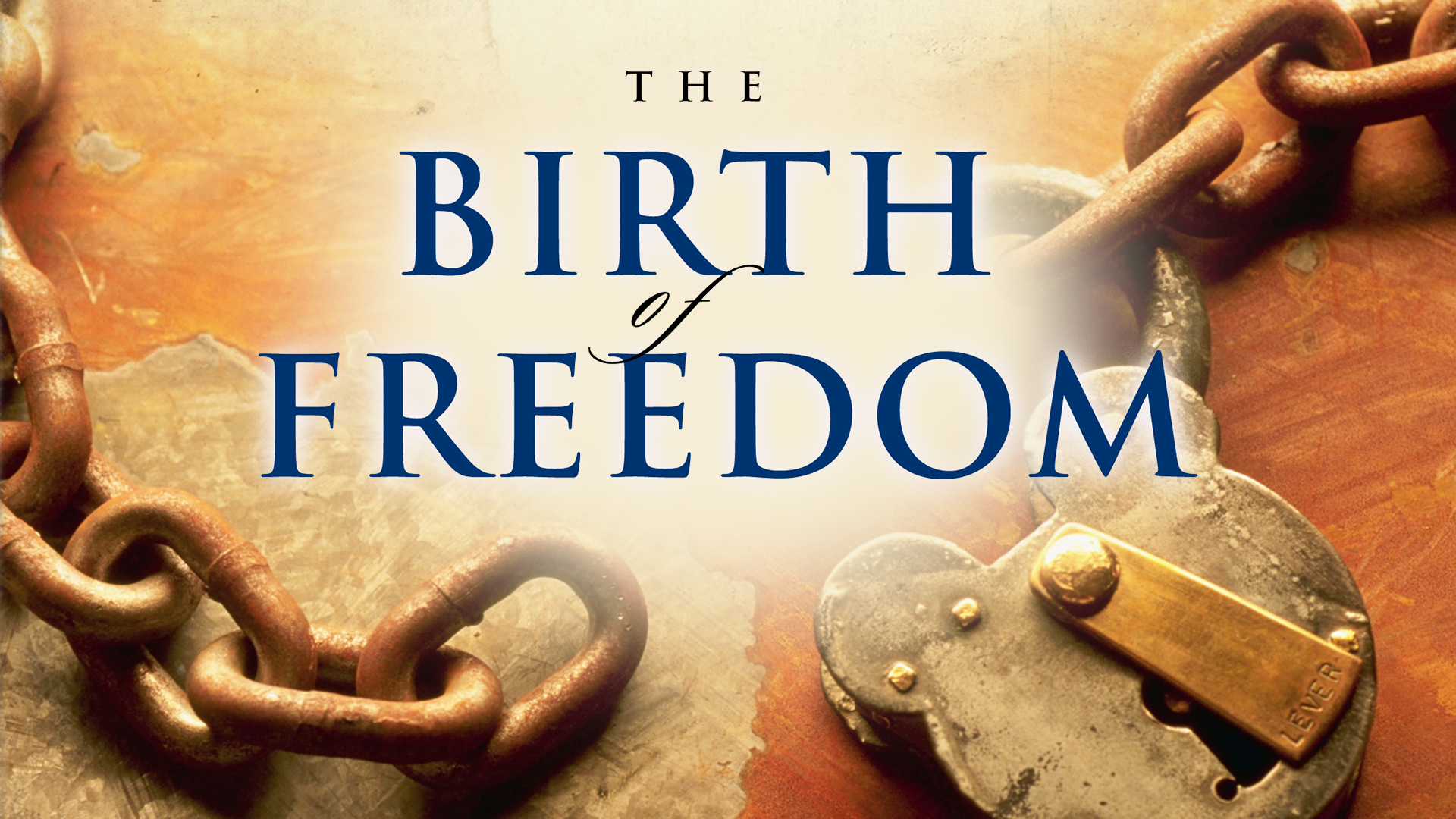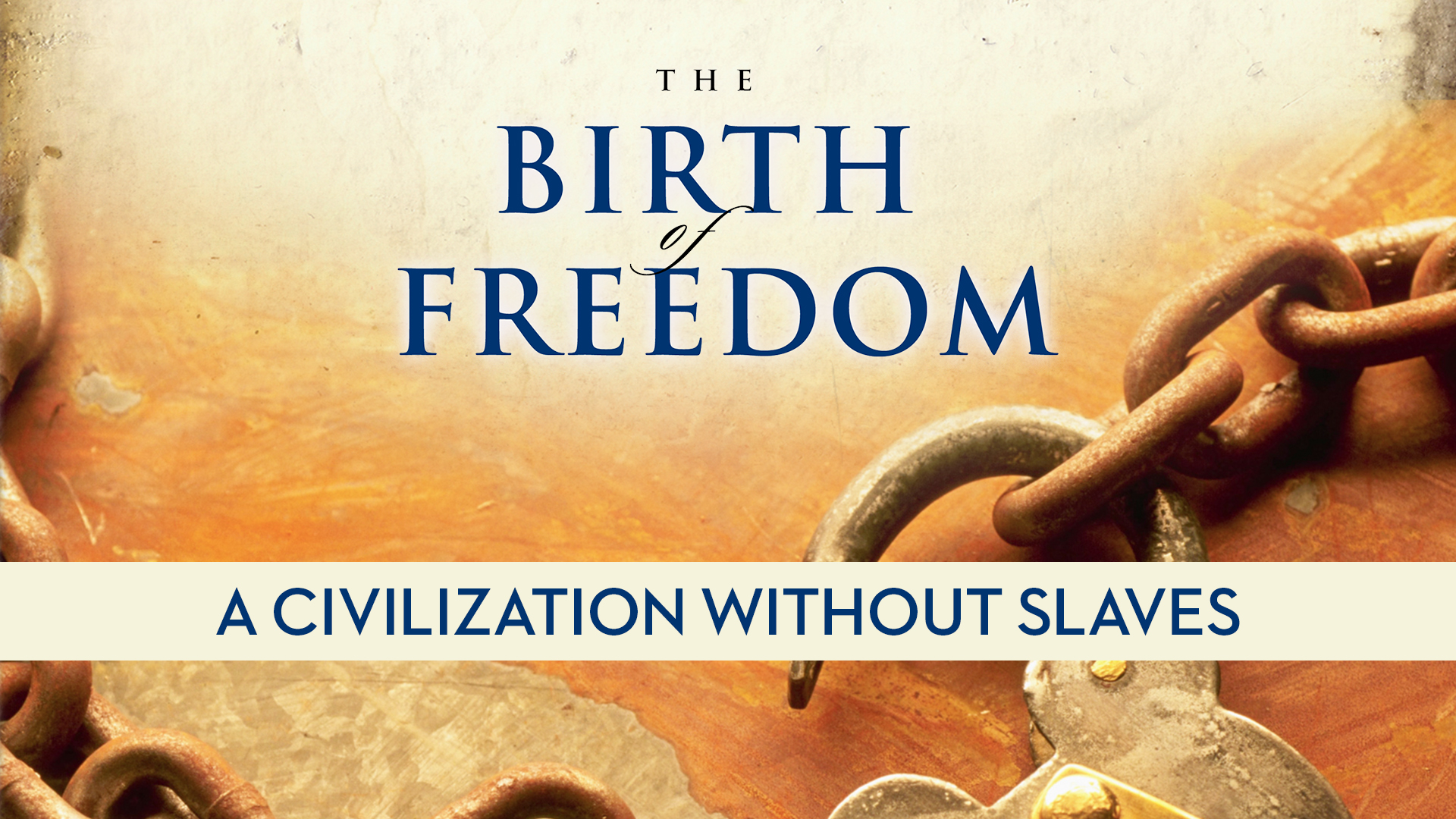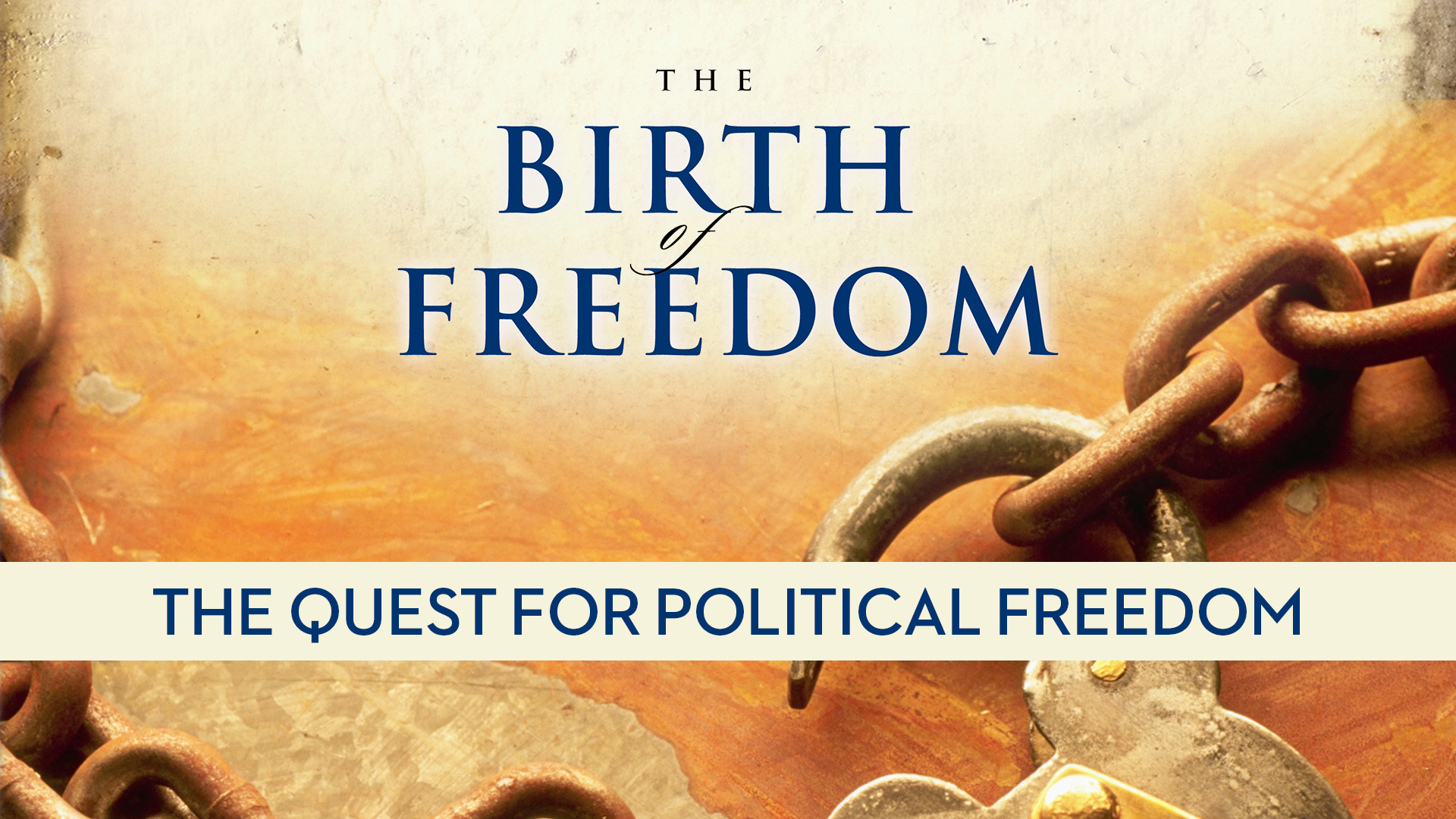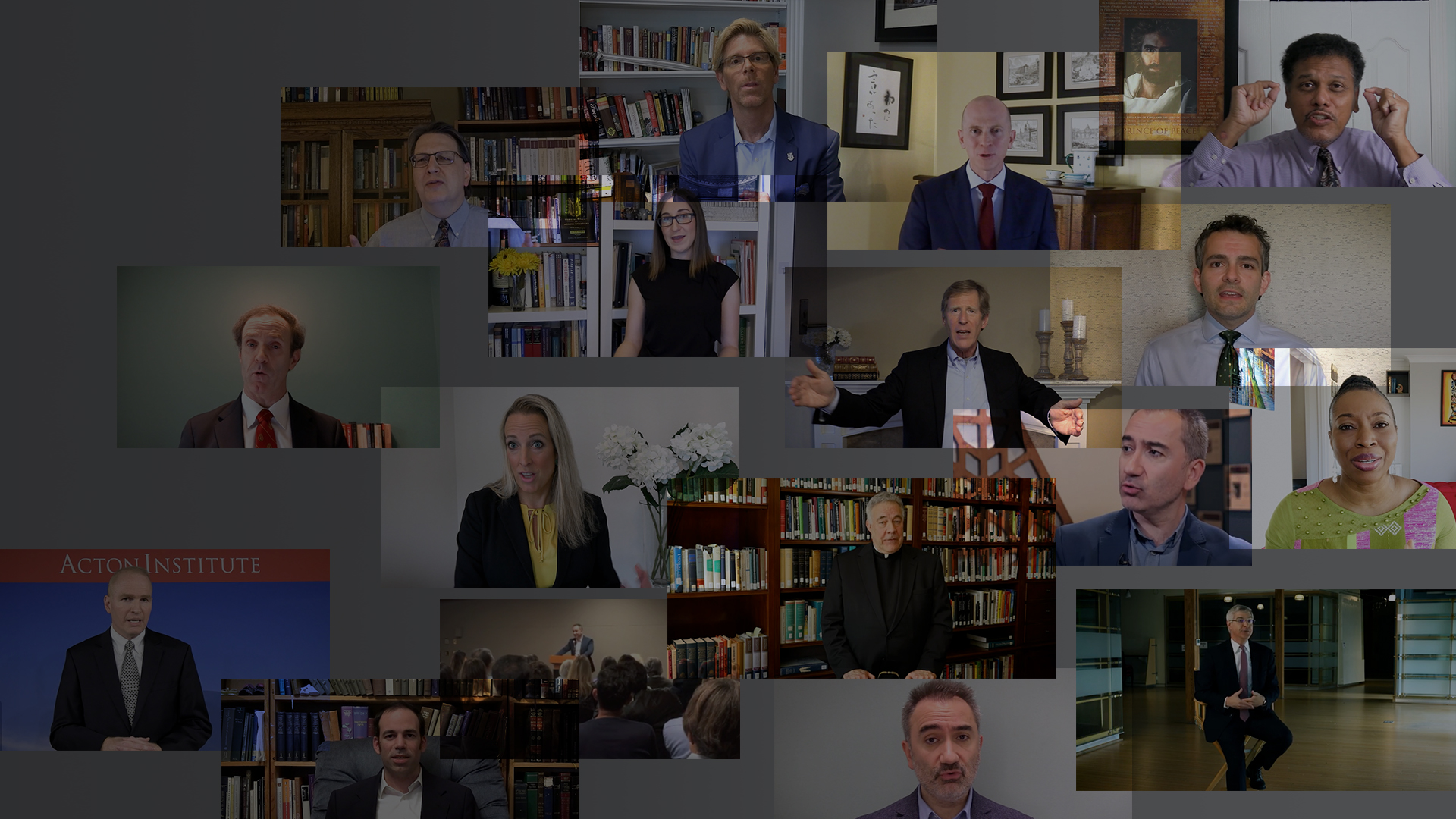The Birth of Freedom Curriculum: Session 7 – Relativism vs. Religion
The Acton Institute
Imagine if we had captured Adolf Hitler at the end of World War II, a man responsible for spearheading a global war of aggression bent on domination, the slaughter of millions of Jews, with a total death toll nearing 50 million lives. Now imagine he sits in the witness chair at Nuremberg, and says, “Don’t judge me. Judge not, lest you be judged. I needed to find my own path.” Now, no morally sane person—Christian or otherwise—would accept that argument for a moment.
When Jesus told us not to judge, he was commanding us not to write off someone as lost, not to slot someone into the irredeemable category, not to pretend that we can know the thoughts and motives of a person in the way that God can.
But, at the same time, the Bible it is very clear that we are to hate what is evil—love the sinner, but hate the sin, even the sin in our own lives. When God commands us not to judge, he’s not trying to ruin our freedom. It’s just the opposite. Remember the words of Jesus in the Gospel of John: “When the Son sets you free, you will be free indeed.”
We live in an age when popular TV, and music, and movies encourage the idea that Christian morality stifles freedom and progress. But the history of the West tells a different story. Its true telling gives us another, powerful way to give a defense for the hope that is in us: Christianity has been the greatest force for freedom and progress in the history of the world.





